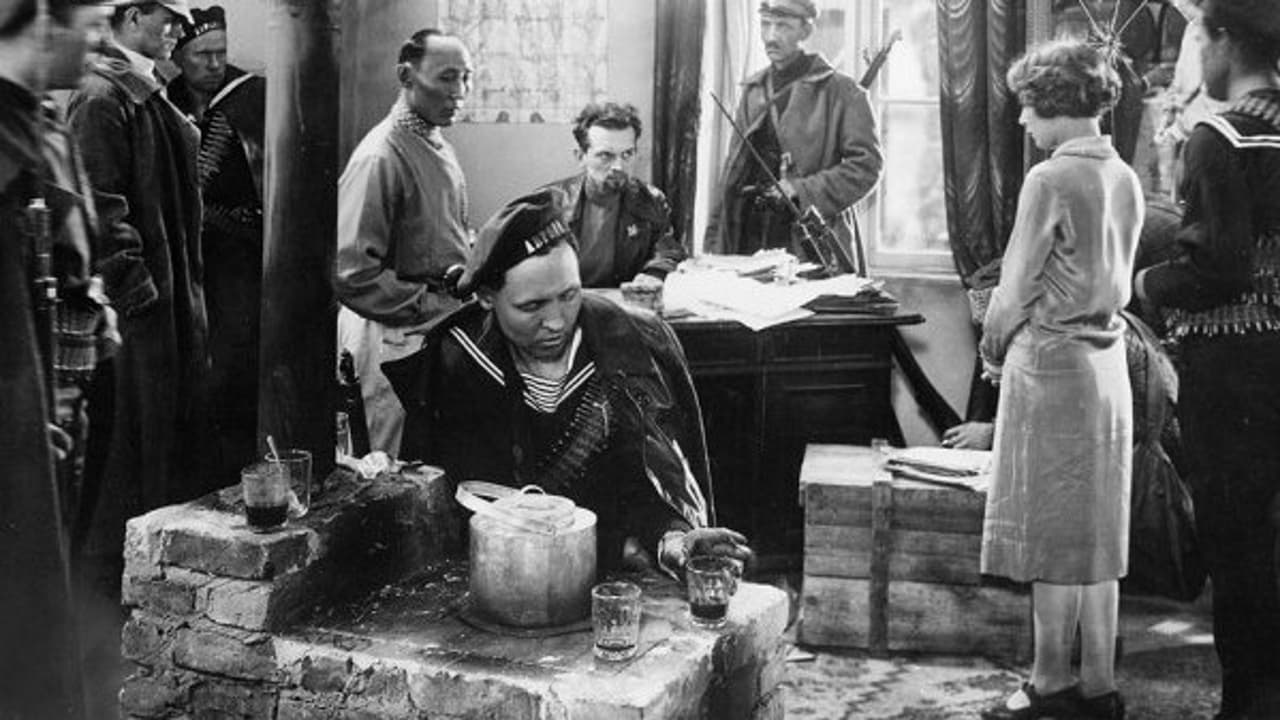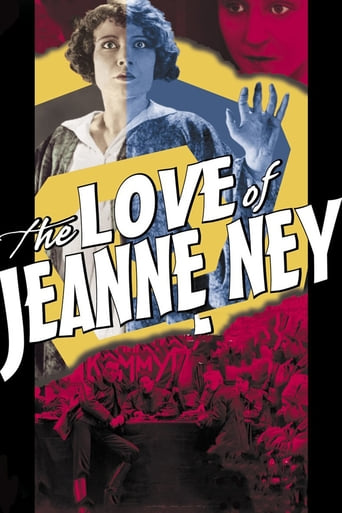ManiakJiggy
This is How Movies Should Be Made
Aneesa Wardle
The story, direction, characters, and writing/dialogue is akin to taking a tranquilizer shot to the neck, but everything else was so well done.
Ezmae Chang
This is a small, humorous movie in some ways, but it has a huge heart. What a nice experience.
Quiet Muffin
This movie tries so hard to be funny, yet it falls flat every time. Just another example of recycled ideas repackaged with women in an attempt to appeal to a certain audience.
Richard Chatten
An elaborate, lavishly produced and decidedly pre-code melodrama largely set in Paris (and which contains some wonderful location work), director G.W.Pabst's camera sweeps through this film in energetic pursuit of the many characters, convolutions and coincidences thrown up in his path by novelist Ilya Ehrenburg.Most of the supporting cast overact enjoyably outrageously; Fritz Rasp actually gets to twirl his moustache a few times as the villain, while Robert Scholz is wonderfully sneering as the chief of police who thinks he has the hero at his mercy. Quieter performances are offered by leads Édith Jéhanne and Uno Henning, and two actors to become familiar as Hollywood expats are Sig Arno as a reporter who recovers a stolen diamond by pulling a parrot's head off, and Vladimir Sokoloff (one of the very few bona fide Russians in the cast), who it's nice to see in a sympathetic role substantially larger than most of those he later played in Hollywood.
RNQ
Like most films, The Love of Jeanne Ney is a melodrama, one of the right sort that absorbs you in the story. One hook is, or was, political, with a choice of sides in the Civil War in Russia, refined as support for workers in France, including Jeanne at her typewriter while her uncle does fancy deals. The lasting hook is the skill with which the film is made, particularly the handling of scenes on a train and outdoor scenes. These include lengthy tracking shots well edited together: the hero, running to keep up with an automobile, and especially a long walk through crowds in the market of Les Halles in Paris, which is Atget in motion. Without Pabst, no Renoir, no Altman.
blue-7
Like Alfred Hitchcock, director G.W. Pabst's films have the feeling of having been created by someone with great technical ability. THE LOVE OF JENNY NEY (DIE LIBE DER JEANNE NEY, Germany, 1927)plays like one of the great Hitchcock films from the sound era. As the so called silent era came to an end the art of cinema seemed to burst into full flower. Look at Murnau's SUNRISE, Vidor's THE CROWD, Seastrom's THE WIND, De Mille's THE KING OF KINGS (to name a few) and it is easy to see why the artist of the day were reluctant to enter the world of "sound". The DVD version of THE LOVE OF JENNY NEY from Kino Video is truly beautiful to look at. The new orchestral score by Timothy Brock is excellent and very effective. Like many of Pabst's films, a little patience is required, as characters and situations only become clear as the story progresses. And this film plays like a classic Hitchcock film -- with innocent people getting deeper and deeper into a web of destruction. This is a film that is even more interesting to watch the second time around. And as noted above, it is truly a text book of what the silent cinema was capable of doing. Brigette Helm, who made such an impression in Fritz Lang's METROPOLIS, gives a moving performance as a blind girl pulled into the intrigue. Well worth adding to your collection if you care for great cinema!
eibon04
Love of Jeanne Ney(1927) is an involving Wartime melodrama with images that impress. Definitely the work of a great director in G.W. Pabst who is the second greatest filmmaker in German Silent films right after Fritz Lang. Includes a post Metropolis role for Brigitte Helm. Acting is very good and the set designs are some of the best in Silent cinema. A downbeat film with a contrasting happy ending.

